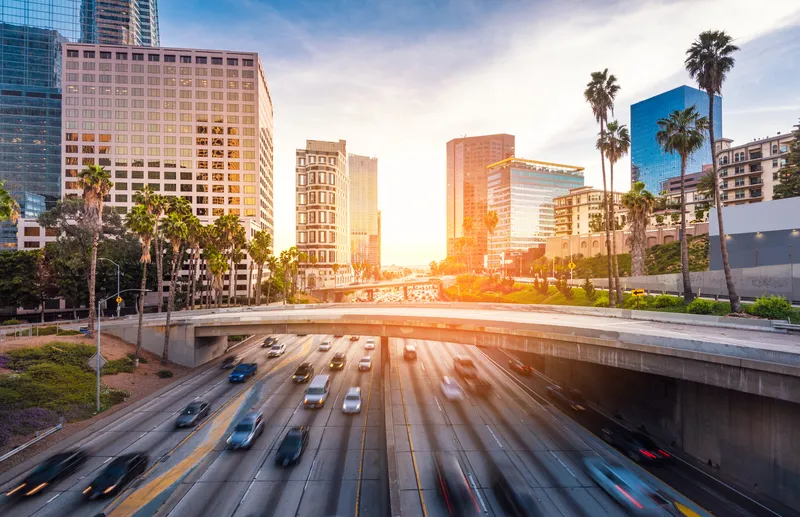Collaborating with leading technology partners, Ericsson will be responsible for providing smart lighting and smart parking solutions and system integration. The design, installation and rollout of the project are all included in the scope of the agreement, as is responsibility for managed services, including operations and maintenance, once it has been rolled out.
As part of the smart lighting project, Ericsson will deliver and install a solution enabling the public energy system to remotely control and monitor the energy consumption of each light point, switching lighting on and off where necessary.
Remote monitoring will report any faults that occur and allow for remote maintenance to be carried out, leading to savings and cost effective operation as well as contributing to environmental sustainability.
Under the smart parking project, Ericsson will deliver and install smart parking sensors across public parking areas in the municipality of Aguas de Sao Pedro. The sensors will detect whether a parking spot is vacant or not, and it is hoped that the system will cut down on both traffic congestion and carbon emissions. The rollout of the project is already underway.
Antonio Carlos Valente, president of Telefonica Group says: "The digital city project in Aguas de Sao Pedro is one of our most exciting initiatives in Brazil. We are happy to continue our close relationship with Ericsson around the globe to deliver this important project in Brazil."
Eduardo Ricotta, vice president, Latin America at Ericsson says: "The explosive growth of cities and the rapid uptake of broadband are happening at the same time as the world faces economic and environmental challenges. To ensure that our cities become creative, connected and sustainable is a challenge but also a tremendous opportunity. The smart parking project is a fantastic example of one such opportunity and an example of what we can do in the future, especially at Aguas de Sao Pedro, the first digital city in Brazil."
Ericsson to be the prime integrator for the Brazil’s smart city project
Ericsson has been chosen by Telefonica Vivo to integrate the smart parking and smart lighting for its digital city project in Aguas de Sao Pedro, Brazil.
Collaborating with leading technology partners, Ericsson will be responsible for providing smart lighting and smart parking solutions and system integration. The design, installation and rollout of the project are all included in the scope of the agreement, as is responsibility for managed services, including operations and maintenance, once it has bee
May 16, 2014
Read time: 2 mins










